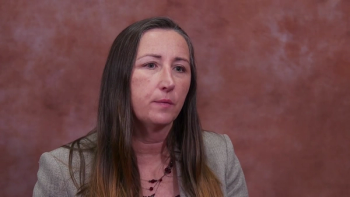
This video reviews classic syndromes associated with increased leukemia susceptibility and highlights pediatric patients who may be at increased risk for an inherited leukemia predisposition and should receive additional work-up.

Your AI-Trained Oncology Knowledge Connection!


This video reviews classic syndromes associated with increased leukemia susceptibility and highlights pediatric patients who may be at increased risk for an inherited leukemia predisposition and should receive additional work-up.
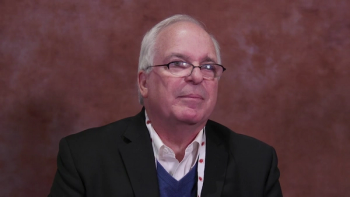
This video highlights research into the use of post-transplant therapies to prevent or treat disease recurrence following allogeneic stem cell transplantation.
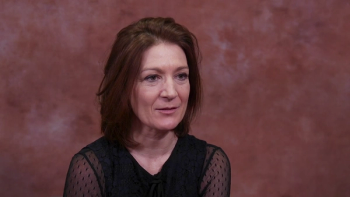
This video reviews updates on the treatment and biology of splenic and nodal marginal zone lymphoma.

Data presented at the 2017 ASH meeting showed that copanlisib resulted in an improved response rate and low rate of severe toxicities in patients with relapsed/refractory B-cell lymphomas.

In this video reviews the management of nodular lymphocyte-predominant Hodgkin lymphoma.
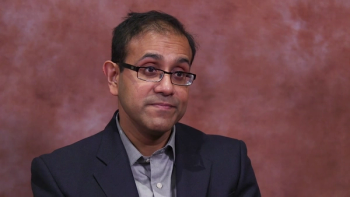
This video highlights results of a study that examined predictors for unplanned hospital readmissions in patients with hematologic malignancies.
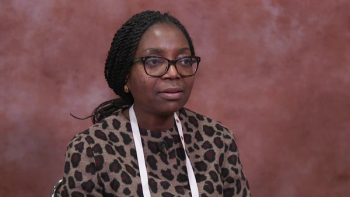
This video reviews novel treatment approaches in the management of higher-risk myelodysplastic syndromes.
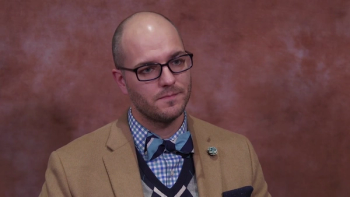
This video reviews the phase I portion of a trial testing glasdegib in patients with primary/secondary myelofibrosis previously treated with JAK inhibitors.
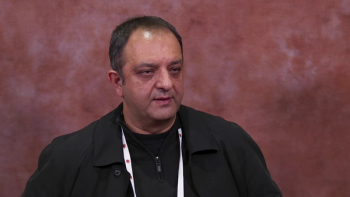
This video highlights a phase II trial that tested the addition of nivolumab to combination induction chemotherapy of cytarabine and idarubicin for patients with newly diagnosed acute myeloid leukemia.
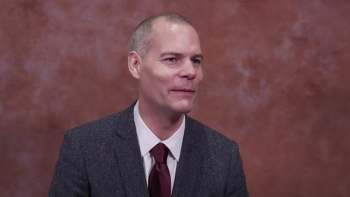
This video reviews the treatment of mantle cell lymphoma cases that do not fit the typical mold.
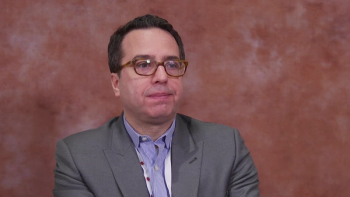
This video highlights results of a phase I study of idasanutlin (RG7388) in patients with refractory polycythemia vera and essential thrombocythemia.
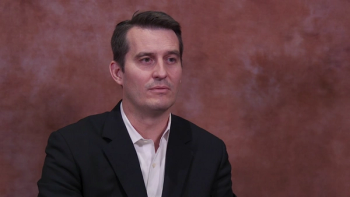
This video highlights results of a retrospective review that examined survival and other outcomes in younger mantle cell lymphoma (MCL) patients who received consolidation with autologous hematopoietic cell transplant during first remission.

A study presented at the 2017 ASH annual meeting showed that mogamulizumab resulted in significantly superior progression free survival and better outcomes compared with vorinostat in patients with previously treated CTCL.

Data presented at the 2017 ASH annual meeting revealed that the combination of selinexor and sorafenib appears to be safe with clinical activity in patients with relapsed/refractory FLT3-mutated acute myeloid leukemia.

A potentially practice-changing study presented at 2017 ASH shows high rates of sustained complete response in patients with relapsed/refractory diffuse large B-cell lymphoma who were treated with CTL019 CAR T-cell therapy.

Data presented at 2017 ASH showed that mogamulizumab resulted in improved progression free survival (PFS), overall response rates (ORR), and better quality of life in patients with previously treated CTCL compared with vorinostat.

In data presented at 2017 ASH, a highly selective inhibitor of KIT D816V is showing promise for advanced systemic mastocytosis, a hard-to-treat group of poor prognosis mast cell neoplasms.

Researchers presented data at the 2017 ASH annual meeting about their new personalized MDS prediction model that uses clinical and genomic data to help better guide therapy and improve outcomes compared with other models.

At the 2017 ASH annual meeting, investigators presented data on the pharmacodynamic effects of copanlisib in patients with NHL and solid tumors that showed dose-dependent on-target activity with the drug.
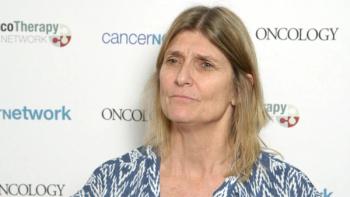
This video examines a phase I/II study of ibrutinib in patients with chronic GVHD who failed corticosteroids.
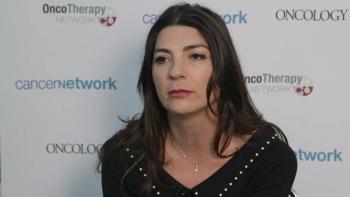
This interview examines the use of KIR genotyping during donor selection and its association with improved outcomes in patients undergoing allogeneic hematopoietic stem cell transplantation.
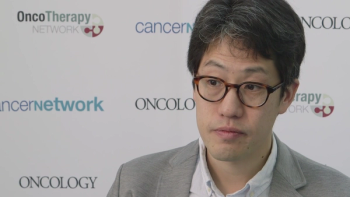
In this interview we discuss advances in the relationship between the microbiome and outcomes after allogeneic transplant, including graft-vs-host disease and relapse.

This video examines different mutational profiles of therapy-related myeloid neoplasms and how they can affect approaches to treatment.

For the first time, a study shows that using an immunomodulatory agent as maintenance therapy prolongs progression-free survival for patients with diffuse large B-cell lymphoma after first-line treatment with rituximab plus CHOP.

A study of pediatric acute lymphoblastic leukemia (ALL) has identified IKZF1 as a new ALL predisposition gene that may play a role both in leukemia pathogenesis and treatment responsiveness.

Ibrutinib can be safely combined with lenalidomide and rituximab in patients with relapsed or refractory diffuse large B-cell lymphoma, according to a new study presented at the American Society of Hematology 58th Annual Meeting and Exposition, held December 3–6.
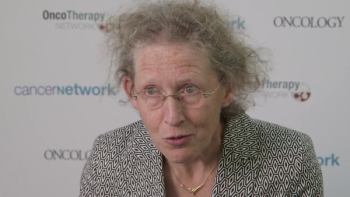
This interview examines treatment-related cardiotoxicity and the risk of second malignancy in patients with Hodgkin lymphoma.
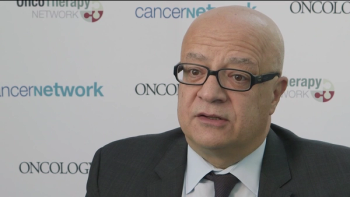
This interview examines a study that looked at the health-related quality of life of multiple myeloma patients in a real-world setting who underwent maintenance therapy after autologous stem cell transplant.
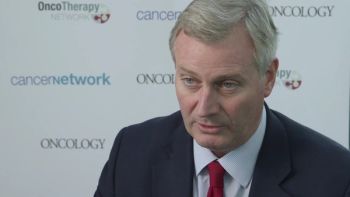
This interview examines the role of functional imaging to direct therapy (escalation or de-escalation) for early and advanced Hodgkin lymphoma.
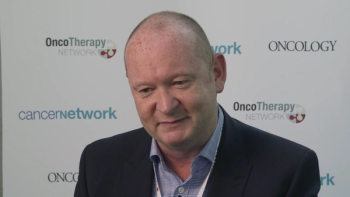
In this video we discuss longer term results of the phase III SABRINA study, which tested the safety and efficacy of subcutaneous rituximab in patients with follicular lymphoma.